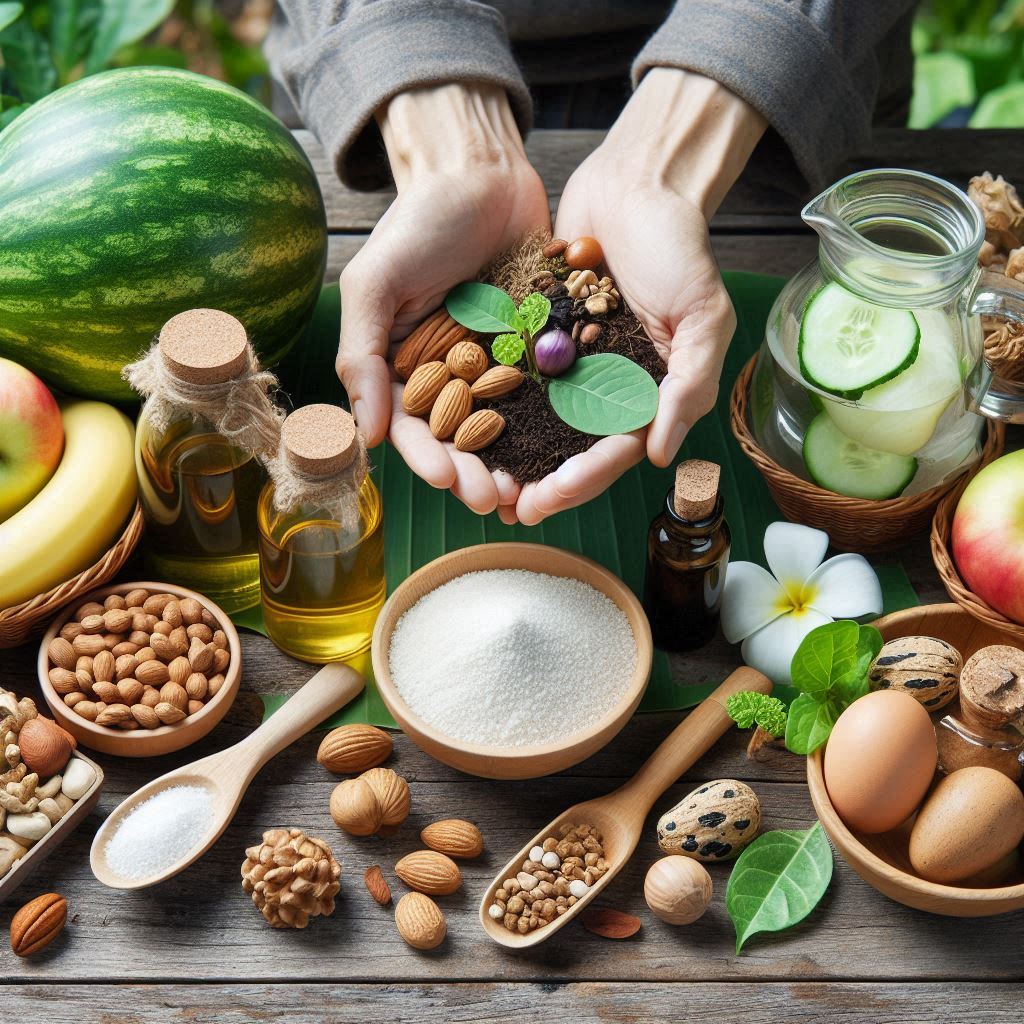Compost: The Ultimate Organic Fertilizer
For organic gardens, compost is one of the most efficient and long-lasting fertilizers available. Compost is a mixture of organic materials, such as yard waste and decomposed kitchen scraps, that is rich in vital nutrients required by plants for a healthy growth. Enhancement of soil structure, cultivation of advantageous microorganisms, and enhanced water retention are its particular benefits, particularly in regions susceptible to drought. The ease of making compost at home also lessens the need for synthetic fertilizers. Gather food scraps such as eggshells, coffee grounds, and vegetable peelings and mix them with dry leaves or grass clippings to make your own compost. This mixture will decompose into nutrient-rich compost that you can spread over your garden beds over time.
Manure: A Time-Tested Fertilizer
For centuries, organic farming has utilized manure as a natural fertilizer. Manure from animals, especially horses, hens, and cows, is rich in nutrients like potassium, phosphate, and nitrogen that are essential for plant growth. Manure enhances soil fertility and encourages healthy plant growth when it is properly composted. It is crucial to remember that applying raw manure directly to plants can burn them and introduce dangerous bacteria. Rather, let the manure break down and age before applying it. Your soil will receive a consistent supply of nutrients throughout the growing season if well-composted manure is added.
Bone Meal: A Source of Phosphorus and Calcium
Animal bones are ground to create bone meal, a slow-releasing natural fertilizer that is frequently applied to plants to give them the vital calcium and phosphorus they need. Phosphorus facilitates the growth of roots, flowers, and fruits, whereas calcium aids in the formation of robust cell walls. For root crops like potatoes and carrots as well as flowering plants like roses, bone meal is especially helpful. In order to promote growth, it is best to mix bone meal into the soil surrounding the roots when planting or transplanting. For organic gardeners, bone meal is a great long-term fertilizer option because of its gradual release of nutrients.
Seaweed Fertilizer: Nutrient-Rich and Eco-Friendly
Another excellent natural choice for organic gardens is seaweed fertilizer, which is full of growth hormones, trace minerals, and advantageous enzymes. In contrast to certain other fertilizers, seaweed can be sprayed directly onto the soil or as a foliar spray and does not require prior composting. By fortifying the root system, enhancing nutrient uptake, and boosting resistance to pests and diseases, seaweed enhances overall plant health. Because liquid seaweed fertilizers are so simple to use, organic gardeners of all sizes can find them to be a convenient option. You can promote sustainable practices and naturally improve your soil by using seaweed.
